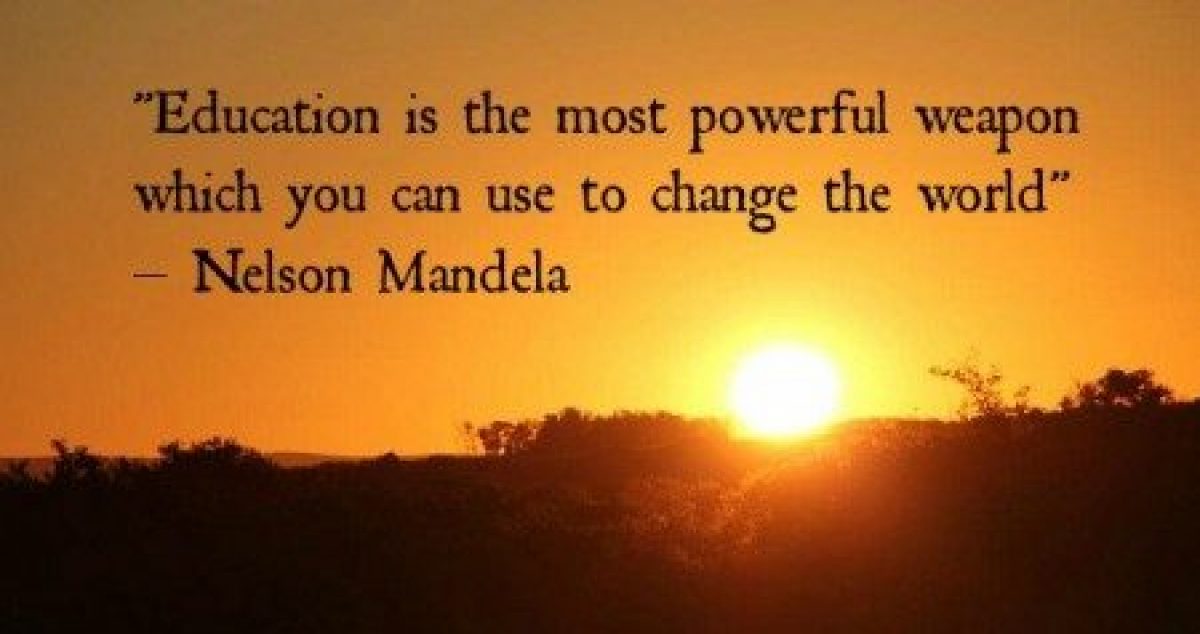This was our second week in the sustainable development module. We had a lecture outlining what this module involved and a short assessment briefing. We also discussed our natural and urban areas and how these areas can have an impact on our physical environment. It was a very informative and interesting lecture as it allowed me to learn the difference between both urban and natural areas as well as how the environment fits into the curriculum for excellence. It highlighted the learning outcomes for social sciences that we as educators will be using when we are out on placement, which was crucial information for us to consider and think of different activities we could do that would fit with these outcomes.
We also had two seminars to take part in. The first seminar involved us taking part in various activities outdoors. In a small group I participated in a sensory walk. It shocked me how our senses could see, smell and hear so many different things in our environment when you focus on it. There is a lot of green space around the university and through this walk we discovered areas that we had never seen before. We noticed various plants and wildlife on our walk which intertwined with the other activities we were to complete. Through doing this seminar, it gave me ideas on activities i could do with the children and how the outdoors is a very valuable and fun resource you could use with the children.





The second seminar of the day involved numerous work stations with tasks for us to complete. The one that stood out to me was when we had to go outdoors and take rubbings from tree bark and some leaves. This was not only a fun activity for us ourselves to take part in but it would be a very effective activity to try with the children on placement. It was interesting to see the various types of leaves and how you can see the differences even more so when you rub over it with a crayon. Another one of the activities we got to do was dissecting a flower and seeing the various parts that make up a flower. This was an interesting and more advanced activity, i feel like an activity like this would work better with the upper end of the school. Finally, we got to hold and feel snails. When i first saw the snails i was a bit apprehensive to actually holding one but once i did it was very fun and interesting to see how they move about and how they consume food. I thoroughly enjoyed this workshop as it wasn’t just an enjoyable experience but it also gave us ideas on how to apply this knowledge to the classroom.


We also had a directed study task to complete, the task was to create a blog post on our own urban environment (which can be read from my previous post). We were encouraged to look deeper into our environment and focus on essential areas that make up our environment. It was exciting and surprising to see how parts of my urban area can have an impact on the physical environment. Additionally, we also looked at ways we could develop a lesson on the environment with a Primary 5 class.
Through participating in the lecture and workshops i feel like i managed to develop a range of skills such as : observing, evaluating, analysing, listening and researching.
The environment, in my opinion, relates hugely to primary teaching. Prior to learning and researching more about the environment i never really had a huge opinion on it and the importance of teaching it to the younger generation. However, now i can see how crucial it is to develop the younger generation’s knowledge of how the areas in where they live can have both positive and negative effects on the physical environment. The Curriculum for Excellence highlights the importance of this through the Social Sciences learning and outcomes. Topics like the environment is an area that can also be interlinked with other areas of the curriculum such as literacy and mathematics, to make their learning more interesting, diverse and fun.
Like i mentioned above, beginning to to take part in this module has changed my thinking on areas such as the environment. Prior to this input, i never really had much opinion on the environment, i was never very interested in what happened in my area and the impacts that it can have on the environment. I always knew it was an area of the curriculum that i had to teach but i never had a particular interest or enjoyment for researching and looking more into it for me to teach to the children. However, now that i have taken part in the workshops, in particular, has changed my opinion in a very positive way. I am now very interested in how the area that i stay in can have a positive and negative impact on the environment. I also feel a lot more confident in teaching a topic like this in a school from the various activity ideas we were given throughout the workshops. I now realise the importance of teaching social sciences to the younger generation and how getting the children involved will make for a more positive and enjoyable learning experience. After all, children are the future.

